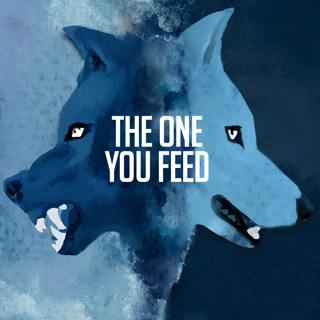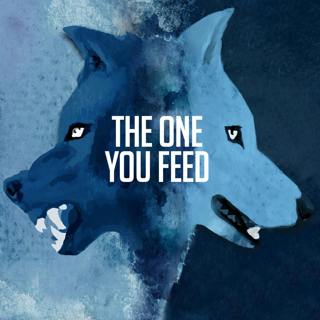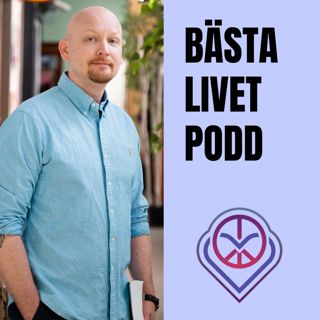
How To Let Go of Self-Doubt and Transform Your Life with Elena Brower
In this episode, Elena Brower explores how to let go of self-doubt to transform your life. She shares her journey to sobriety, the power of self-compassion, and the importance of apology and inner ...
17 Nov 202551min

Rethinking How We Work and Live: Why Freedom Is a System, Not a Feeling with Jenny Blake
In this episode, Jenny Blake explores how we can begin rethinking how we work and live, and why freedom is a system, not a feeling. She talks about what happens when our desire for control masquerades...
14 Nov 20251h 1min

Navigating Modern Challenges: Practical Spirituality and the Quest for Joy with Shabnam Mogharabi
In this episode, Shabnam Mogharabi discuss navigating modern challenges and explore practical spirituality and the quest for joy. Shabnam shares insights from positive psychology, the importance of co...
11 Nov 20251h 4min

How to Turn Life's Pain into a Path of Meaning and Joy with Danielle LaPorte
In this episode, Danielle LaPorte discusses how to turn life's pain into a path of meaning and joy. She explores spirituality, conscious choice, and emotional honesty. Danielle also delves into the im...
7 Nov 202541min

How We Can Improve Communication in Polarized Times with Charles Duhigg
In this episode, Charles Duhigg explains how we can improve communication in polarized times. He explores how to foster active listening, social reciprocity, and techniques like “looping for understan...
4 Nov 202551min

From Avoidance to Acceptance: A New Way to Live with Anxiety with Kelly Wilson
In this episode, Kelly Wilson explains how to move from avoidance to acceptance: a new way to live with anxiety. He delves into how our vulnerabilities show us what matters to us, and that the goal is...
31 Okt 202550min

Beyond the Buzzwords: How to Talk About Mental Health Without Losing Its Meaning with Joe Nucci
In this episode, Joe Nucci explores what it means to go beyond the buzzwords and how to talk about mental health without losing its meaning. He explains how mental health language has become less usef...
28 Okt 20251h 4min

Are Your Desires Really Yours? How to Recognize and Reclaim What You Truly Want with Luke Burgis
In this episode, Luke Burgis explores the question, “Are your desires really yours?” and how to recognize and reclaim what you truly want. He discusses how to tell the difference between “thin desires...
24 Okt 202553min






















